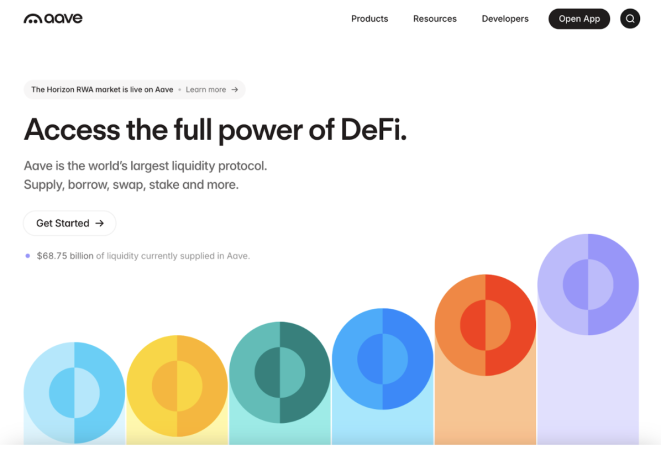Palantir's $400B Market Cap Ignites Debate Among AI Enthusiasts and Doubters
- Palantir's stock surged 300% in 2025, reaching $173/share and $400B valuation driven by AI contracts and defense deals. - $10B U.S. Army and £1.5B UK defense contracts, plus Boeing AI collaboration, highlight its expanding infrastructure role. - Q2 revenue hit $1.03B (48% YoY growth), with enterprise sales doubling as AI becomes core to its strategy. - Valuation debates intensify: Wedbush sees $1T potential, while critics call it "absurdly overvalued" at 200x forward earnings. - Palantir's dual defense-e
Palantir Technologies Inc. (NYSE: PLTR) has become one of the most talked-about stocks of 2025, skyrocketing more than 300% since the start of the year to approach $173 per share and pushing its market value close to $400 billion, according to
Palantir’s surge has been powered largely by its strength in securing defense and government deals. In late 2025, the U.S. Army revealed a possible $10 billion, decade-long contract to unify its digital systems using Palantir’s platforms, as detailed in a TS2 Tech article. At the same time, the UK Ministry of Defence signed a £1.5 billion agreement to deploy Palantir’s AI technology across British military operations, including a £750 million deal for armed forces, and the company unveiled a new AI partnership with Boeing to optimize aerospace production—all covered in the same TS2 Tech report. These agreements highlight Palantir’s growing importance as a backbone for both defense and industry.

Strong financial results have added to the optimism. In the second quarter of 2025, Palantir reported $1.03 billion in revenue—a 48% jump from the previous year and its first time surpassing $1 billion in a quarter, according to TS2 Tech. The company raised its full-year revenue outlook to $4.15 billion, reflecting soaring interest in its AI products from both government and business clients. CEO Alex Karp stated that AI has become “the engine of our expansion,” with enterprise sales nearly doubling year-over-year, as also noted in the coverage.
Despite these achievements, Palantir’s valuation has sparked heated discussion. Wedbush Securities analysts believe the company could be worth $1 trillion as AI adoption accelerates, while skeptics warn the stock is overhyped. Palantir trades at more than 200 times projected earnings, far above competitors like NVIDIA at 35 times, and Citron Research, a well-known short seller, has called
Palantir’s unique approach—serving both defense and commercial AI markets—sets it apart from rivals such as BigBear.ai and C3.ai. BigBear.ai, for example, has secured $390.8 million in cash and defense contracts under the One Big Beautiful Bill (OB3), as mentioned in
Looking forward, Palantir’s continued success will depend on its ability to deliver on its ambitious plans. The upcoming third-quarter earnings report, scheduled for November 3, will reveal whether the company can maintain its rapid growth. Leadership has indicated a readiness to focus on long-term AI leadership over short-term profits, investing heavily in research, development, and talent, according to TS2 Tech. However, challenges remain: shifting geopolitics, regulatory hurdles, and growing competition from both established cloud providers and startups could threaten its progress.
For investors, Palantir represents both the promise and the risks of the AI revolution—a company with game-changing potential, but one that requires careful consideration of its high expectations. As the boundaries between national security and corporate innovation blur, Palantir’s ability to navigate this evolving landscape will determine whether its current valuation is justified or a warning sign.
Disclaimer: The content of this article solely reflects the author's opinion and does not represent the platform in any capacity. This article is not intended to serve as a reference for making investment decisions.
You may also like
TROLL Power Moves: Support Defends $0.03224, Bulls Eye Resistance
Forget Ripple (XRP), Analysts Say GeeFi’s (GEE) Potential Can Make Its Early Investors the Next Millionaires

5 Crypto Loan & Crypto Lending Platforms for Instant Liquidity
